Maysteel provides complex sheet metal fabrication with a focus on design for manufacturing. Founded in 1936, we combine our extensive engineering experience and market knowledge with an expanding supply chain footprint, allowing us to fabricate products that others can’t. We design, engineer and manufacture custom OEM sheet metal enclosures, kiosks, cabinets and racks. We have locations in the...

Chesapeake Machining & Fabrication, Inc. is a metal fabricator providing products and services to a variety of industries. We have capabilities in press brakes, shears, angle and shape rolls, iron working and welding. Contact us today for more information.

Accurate Metal Fabricating has been providing metal fabrication to OEM's and job shops for over 80 years. We fabricate, engineer, and perforate to the most precise specifications for the most demanding companies. We offer a full range of metal customization and fabrication capabilities that bring your design to reality. Our abilities range from forming and laser-cutting to powder coating and...
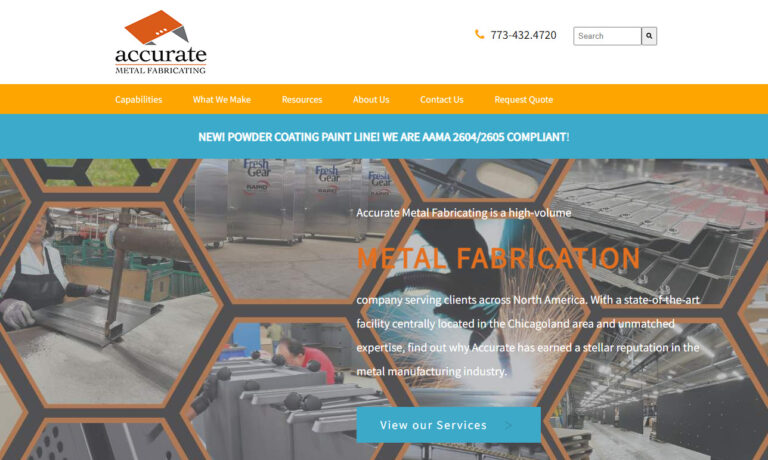
Welcome to Washington Metal Fabricators, where we specialize in providing high-quality metal fabrication solutions to meet the diverse needs of our clients. With years of experience and a commitment to excellence, we have established ourselves as leaders in the industry, delivering innovative products and services tailored to exceed our clients' expectations. Our core expertise lies in metal...

At Fabri-Tech, Inc., we pride ourselves on being a premier provider of metal fabrication solutions, catering to the diverse needs of our valued clientele. With years of experience and expertise in the industry, we have established ourselves as a trusted partner known for our commitment to quality, innovation, and customer satisfaction. Our product portfolio encompasses a wide range of metal...

More Fabricated Metal Product Companies
Fabrication is a blanket term for many metalworking processes; these include rolling, punching, stamping, sintering, welding, machining and many others.
Fabrication is a secondary metalworking process. Primary processes involve forming raw metal materials into shapes; extrusion and molding are both primary processes. Metal fabricators take extrusions and molded metals and weld them together, bend them and cut them to size. Nearly all products of primary metalworking processes require secondary processing to some extent before they become usable.
For example, metal plates don't become hinges until their edges are bent, holes are drilled or punched and pins are inserted to connect them. Bar stock and small metal rods don't become fasteners until they are machined and slotted. Fabrication services are essential to a long list of industrial operations including the automotive, aerospace, marine, construction, engineering, plumbing, petrochemical exploration and development, food and beverage and commercial product industries.
Fabricated metal products are prominent features of most bridges, airplanes, ships and buildings. Smaller metal fabrications are also important parts of water tanks, electrical wiring enclosures, metal cabinets, frames, brackets, panels, outdoor grills and even sculptures.
Fabricated metal products are produced by fabrication processes. These processes range in complexity, expense and labor intensity and can be used to create stock products and custom fabrications. Roll formers, for example, involve long series of rollers in different configurations that are used to bend raw metal into useful products.
Roll forming can be a completely automated process once the rollers have been configured. Roll formers are often managed by advanced computer software that monitors and controls the movement and positioning of the rollers, ensuring the closest possible relationship between product concept and reality.
On the other end of the labor intensity spectrum are processes like press braking, which require the constant attention of trained technicians. Press brakes are essentially indented work benches above which are suspended movable pressing tools. The pressing tools are shaped to match the indentation in the workbench, so when a sheet of metal is positioned between the pressing tool and the working surface, the metal is pressed into the indentation, forcing it to take the indentation's shape.
A technician is generally required to manually position the metal and operate the pressing tool in this process. Other processes that involve moderate labor intensiveness are semi-automated robotic welding and mechanical punching processes.

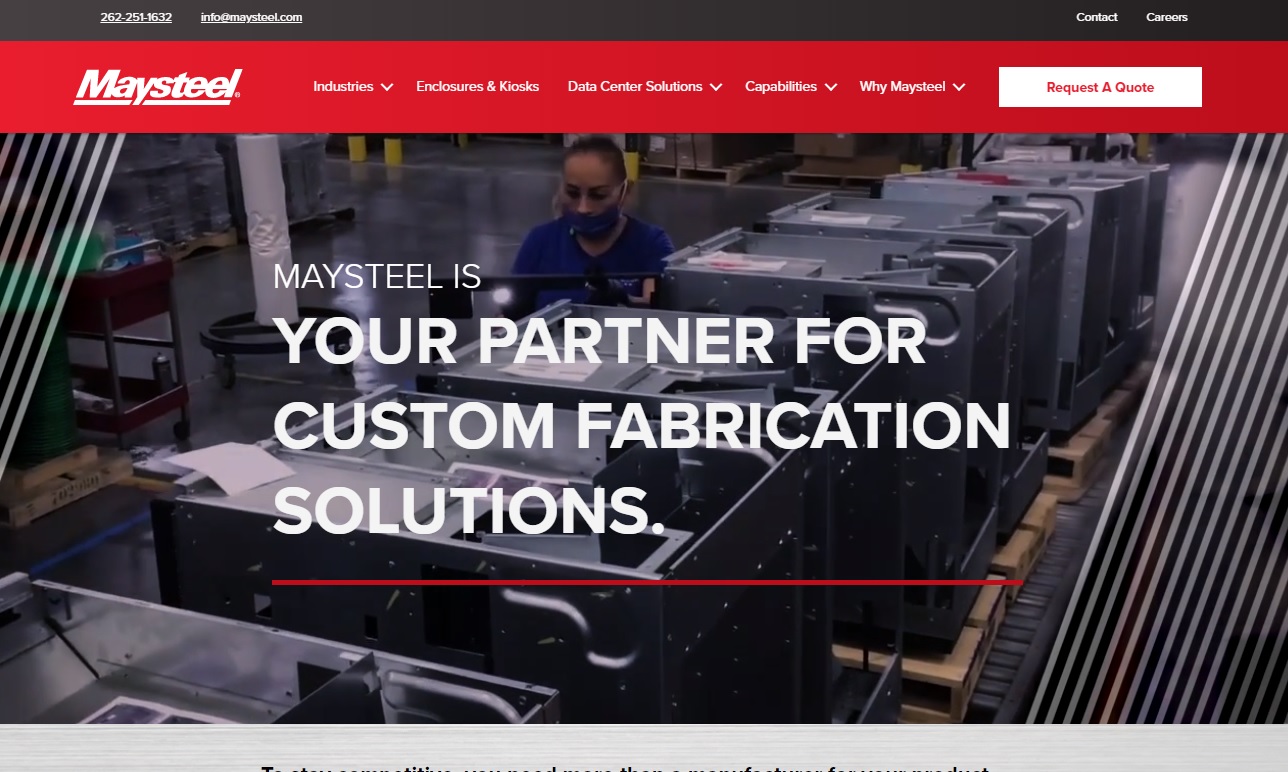

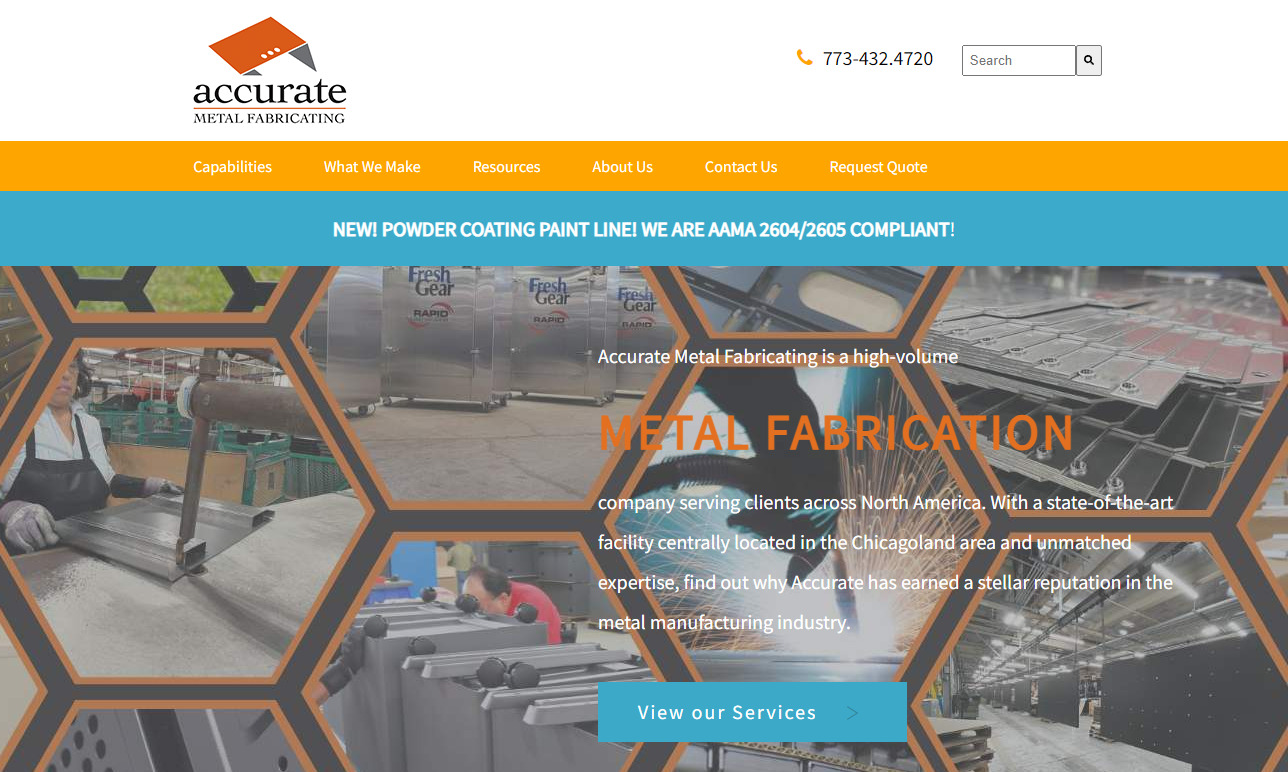


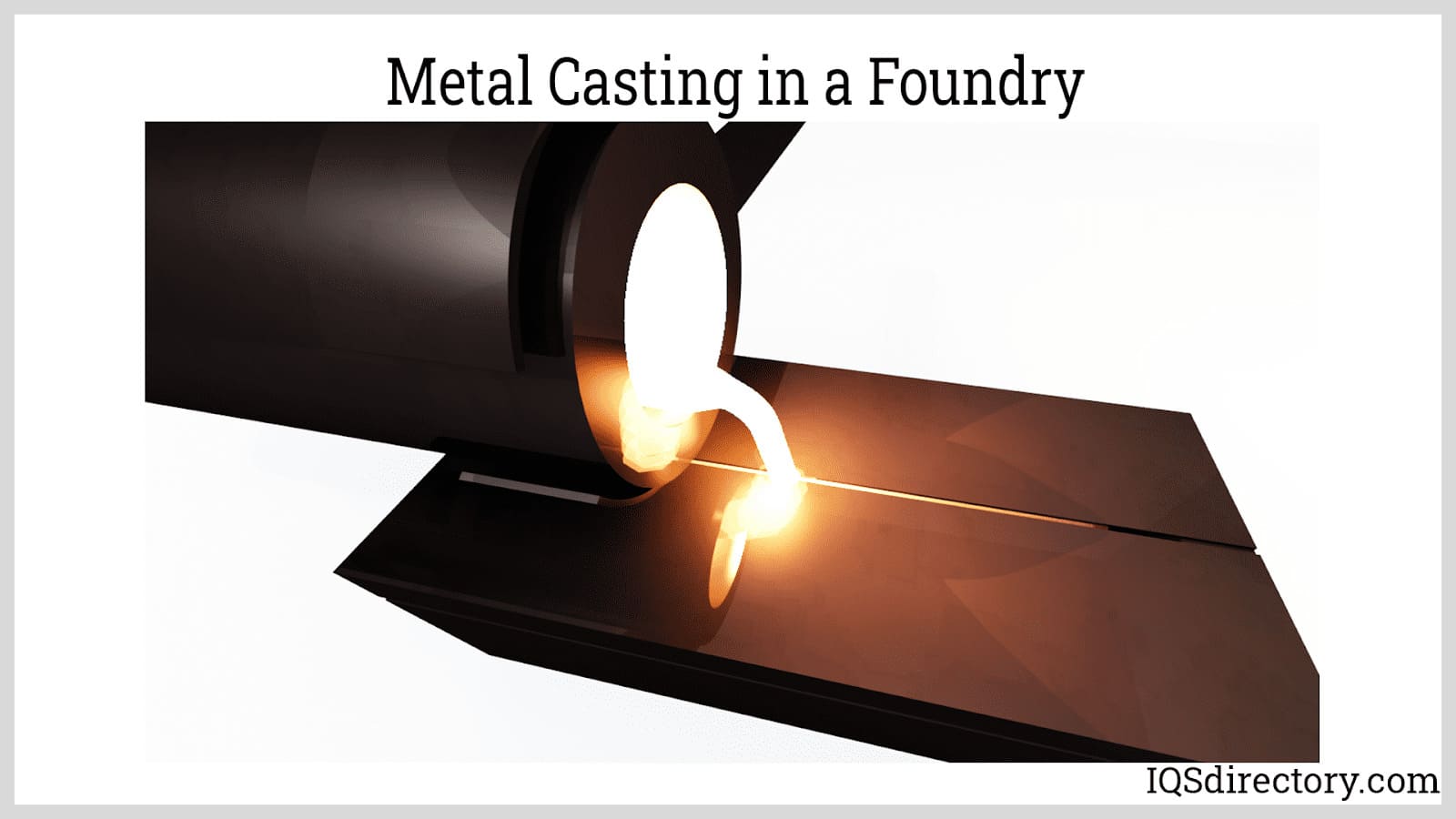
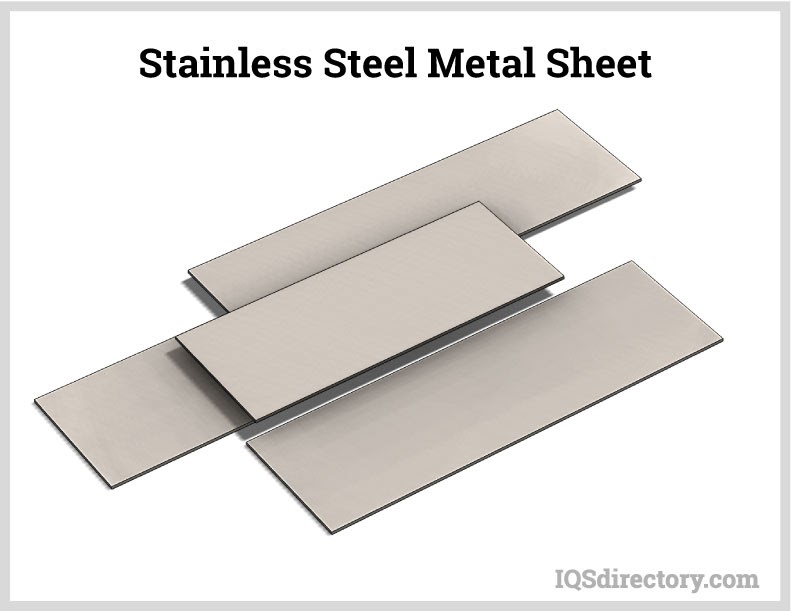
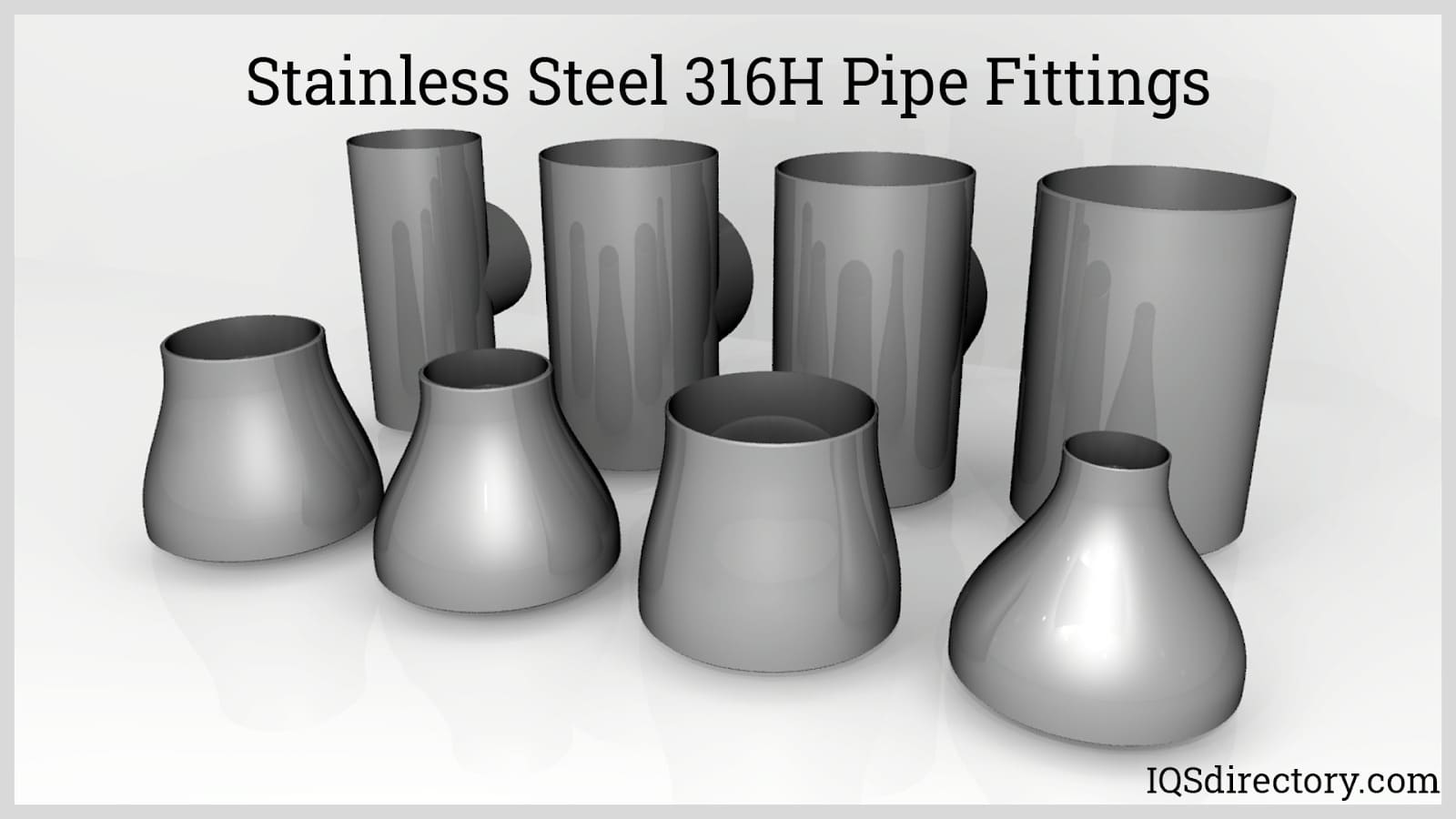
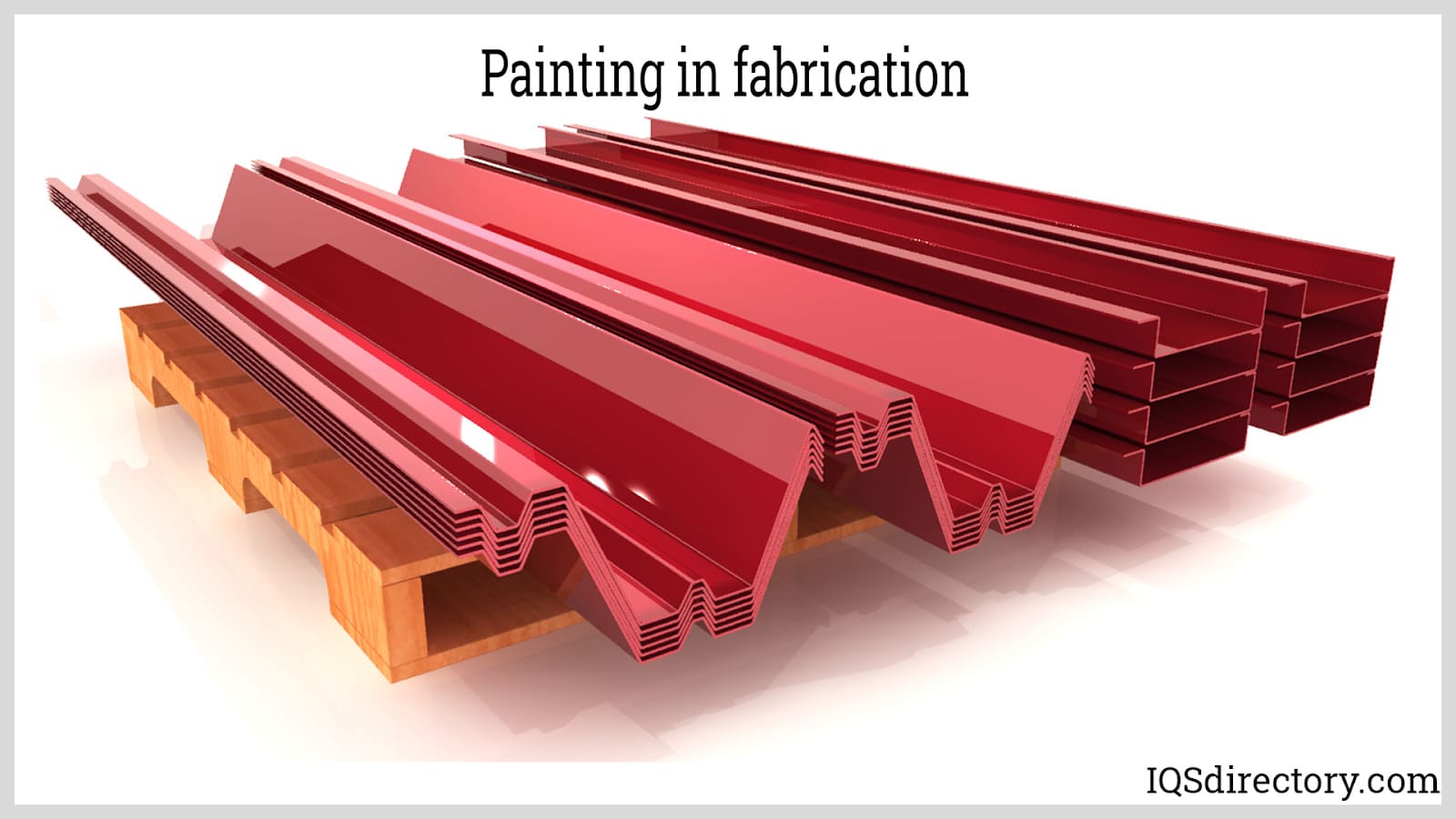
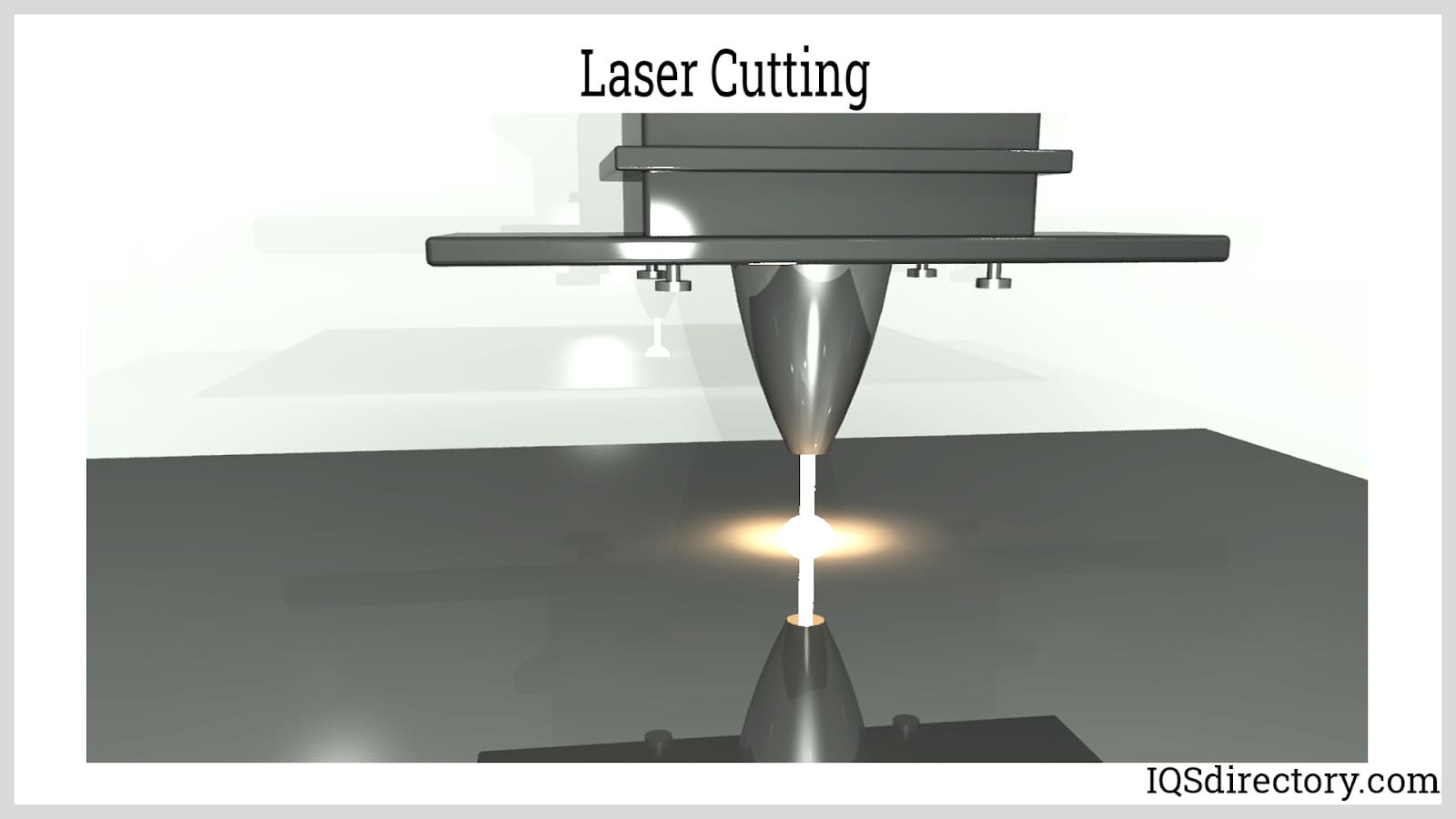
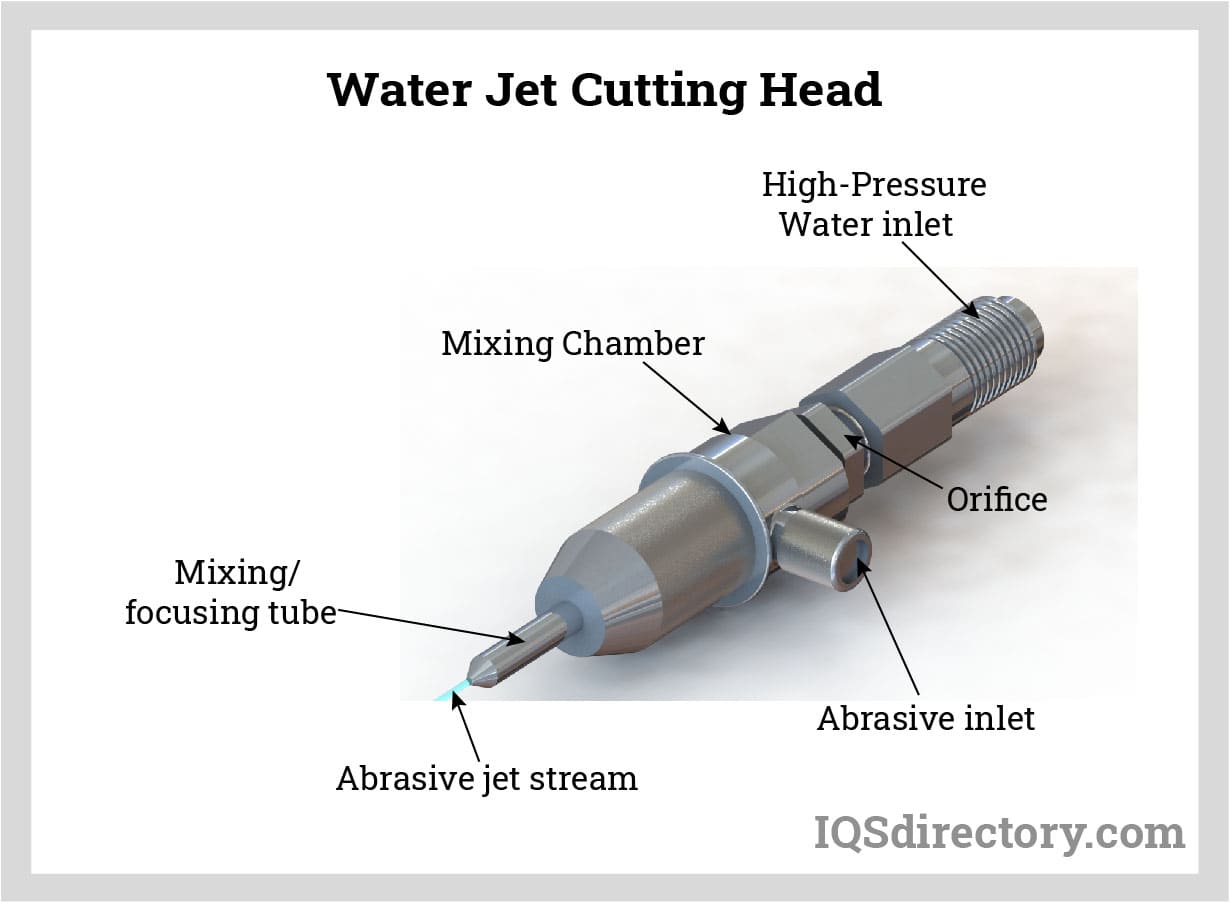
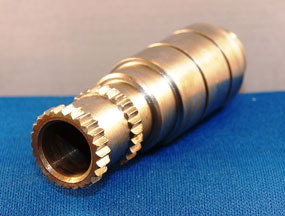 Broaching
Broaching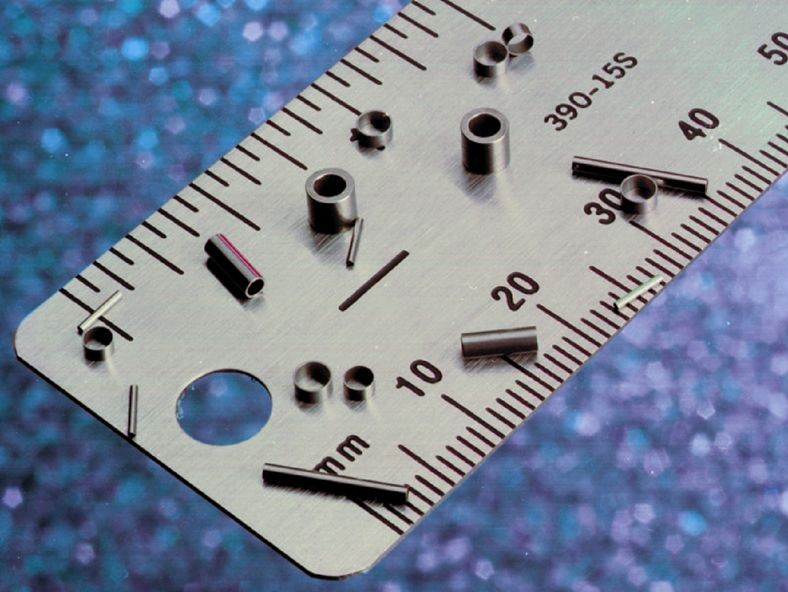 CNC Machining
CNC Machining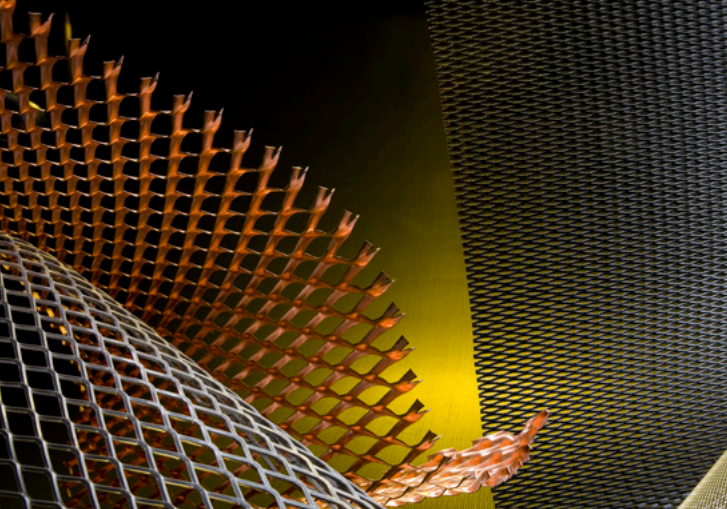 Expanded Metals
Expanded Metals Laser Cutting
Laser Cutting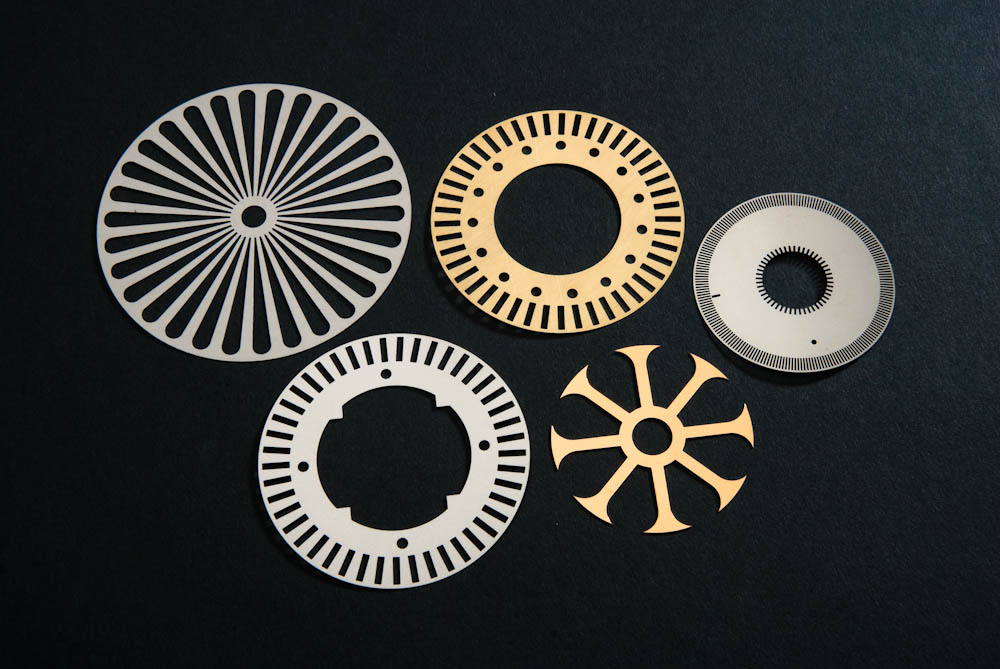 Metal Etching
Metal Etching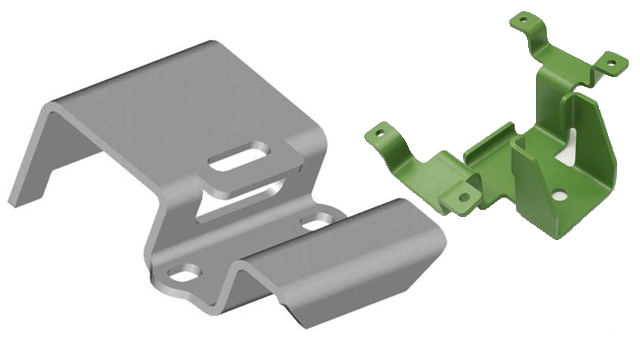 Metal Fabrication
Metal Fabrication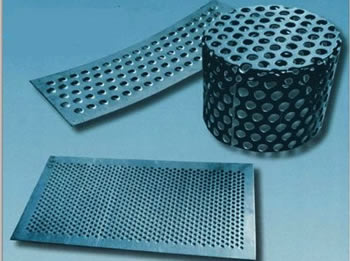 Perforated Metals
Perforated Metals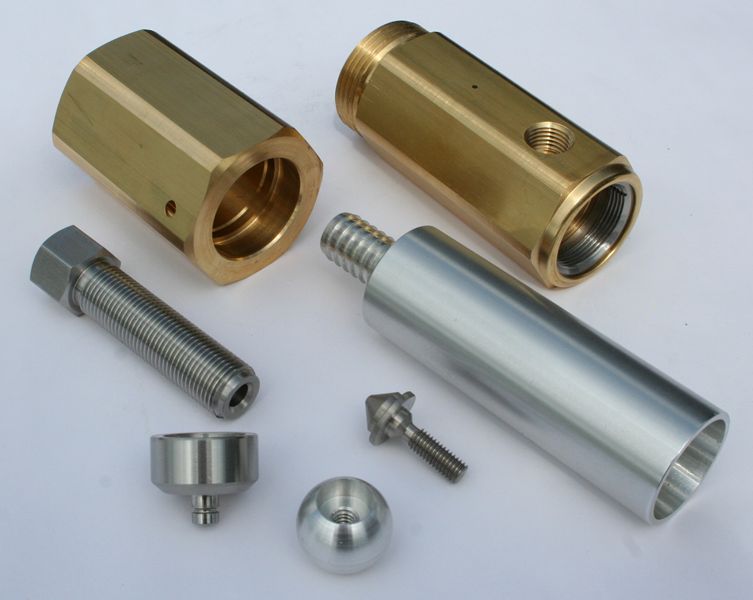 Screw Machine Products
Screw Machine Products Metal Stampings
Metal Stampings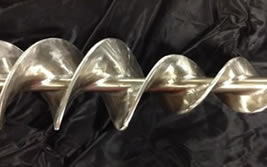 Sheet Metal Fabrication
Sheet Metal Fabrication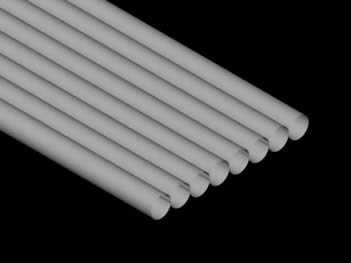 Tube Fabrication
Tube Fabrication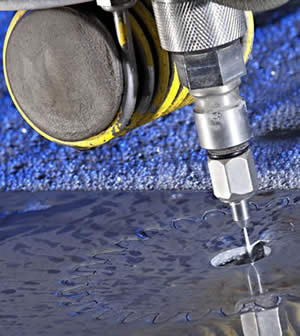 Water Jet Cutting
Water Jet Cutting Castings & Forgings
Castings & Forgings Bulk Material Handling
Bulk Material Handling Electrical & Electronic Components
Electrical & Electronic Components Flow Instrumentation
Flow Instrumentation Hardware
Hardware Material Handling Equipment
Material Handling Equipment Metal Cutting Services
Metal Cutting Services Metal Forming Services
Metal Forming Services Metal Suppliers
Metal Suppliers Motion Control Products
Motion Control Products Plant & Facility Equipment
Plant & Facility Equipment Plant & Facility Supplies
Plant & Facility Supplies Plastic Molding Processes
Plastic Molding Processes Pumps & Valves
Pumps & Valves Recycling Equipment
Recycling Equipment Rubber Products & Services
Rubber Products & Services